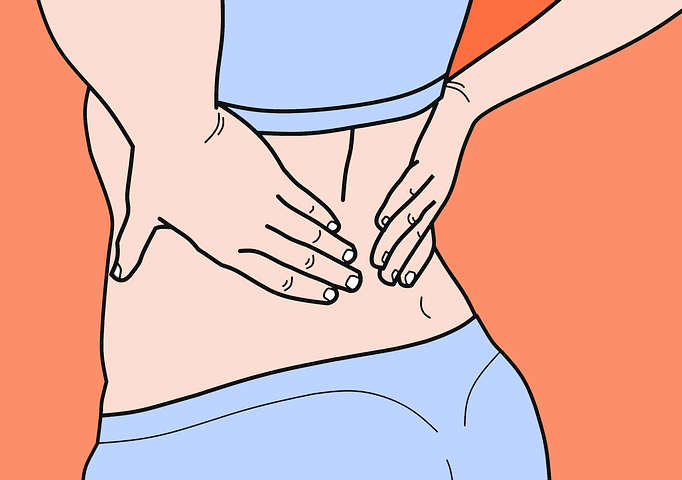
If you have been living with chronic pain, the last thing you probably want to think about is getting some exercise. The fact is, that although it might be tough to work up the enthusiasm to get moving, moderate exercise can actually help you to manage your chronic pain.
Rest is a great healer, especially for injuries. However, too much rest can result in the body becoming lethargic, making your pain worse than it needs to be. Movement during the healing process has been shown in many studies to actually help your body to recover faster as well as maintaining your physical condition.
Over 20 million adults in the U.S. are living with chronic pain that can rob them of the quality of life that they deserve. Many patients that seek medical treatment for their chronic pain from the experts like those at Seattle Pain Relief report problems beyond the pain like depression, anxiety and mobility issues. Let's take a look at how adding some moderate exercise to your recovery routine can help you to manage your chronic pain.
Mobility
Anyone who has ever sat in one position for too long knows how hard it can be to get up and loosen up those muscles. For those that are dealing with chronic pain, staying in one place may be the most comfortable situation. In these cases, getting up can be difficult and is likely to get worse the longer you remain immobile.
Getting regular exercise that includes stretching, and strength building can help increase your flexibility, lubricate your joints and keep your muscle groups strong. Too much rest tends to shorten your muscles, making it tough to get around and can even affect balance and endurance.
Mood Enhancing
Many people living with chronic pain are also dealing with depression and anxiety issues. Just 30 minutes of exercise a day like going for a short walk, taking a swim or joining a yoga class has been shown to have a positive effect on your mood. Exercise releases natural endorphins, the "feel-good" hormone into your system, helping you feel better and relieving stress.
Muscle Tension
Being in pain in one area of your body can cause tension in other muscle areas. For example, if you have a bad headache, it's common for your shoulders and neck to tense up in response to that pain. This tension in the surrounding muscles can make your pain more intense. Moderate exercise that includes a good stretching routine can help to relieve tension and make your pain more manageable.
Quality Sleep
The most powerful aid to healing is sleep. The problem for anyone with chronic pain is that it can be difficult to get the sleep that you need. Just finding a comfortable position to get some rest can seem impossible.
People with chronic pain often spend many hours immobile with no way to burn off the energy trapped in their bodies. This leads to restlessness and insomnia. When you add a 30-minute exercise routine to your schedule, you can burn off that energy, loosen muscles and help your body get to sleep and get that rejuvenating rest that you need.
Living with chronic pain can be emotionally and physically exhausting. By adding moderate exercise like yoga, walking or swimming to your routine you can help your body heal and have an easier time managing your pain.
© 2026 NatureWorldNews.com All rights reserved. Do not reproduce without permission.





